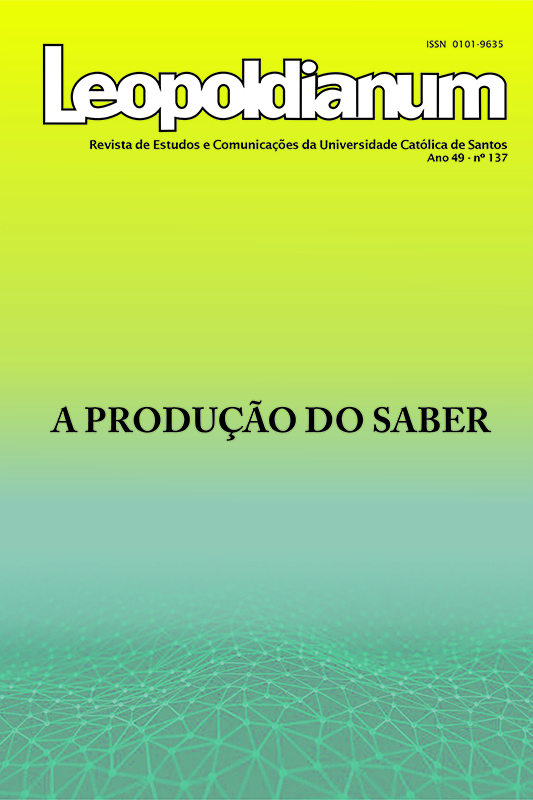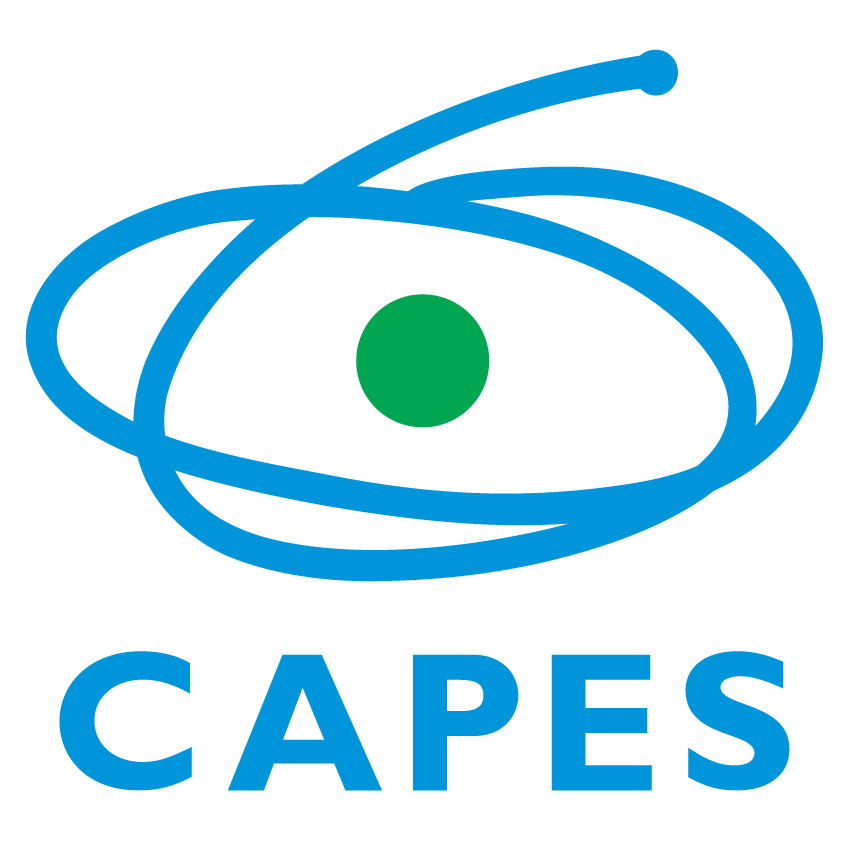DE LIXO A RECURSO: A VISÃO DOS RESÍDUOS SÓLIDOS NA ECONOMIA CIRCULAR
DOI:
https://doi.org/10.58422/releo2023.e1400Abstract
The reduction and adequate disposal of solid waste are among the great sustainability challenges.
Part of the solution is found in the adoption of a Circular Economy (CE), an approach
that proposes to keep resources extracted from nature in use for as long as possible, at the
highest value and with the greatest possible utility. The viability of CE strategies, however,
depend in many cases on an evolution in the way society perceives waste – recognizing and
recovering its value as a resource. This article presents a reflection on the very definition of
waste, highlighting its historical evolution, after which presents five attributes of a vision of
waste for the transition towards CE. Based on the product cycle stages, waste can be perceived
as: an “economic state” of matter (in relation to the economic system); resources out
of cycle (when in post-consumption); a consequence of consumption (regarding the use of
goods); materials not used by the economy (with regard to their production); and a flaw of
design (when designing products). By discussing each of these points, the article brings reflections
on the applied potential of this new vision for EC, concluding that EC practices are
strongly related to the advancement of waste management systems and, therefore, a different
position of what is waste can lead to innovative practices that favor the circularity of products
and services, with benefits for the whole society.
Published
Versions
- 2023-05-15 (2)
- 2023-04-27 (1)
Issue
Section
License
A Revista Eletrônica Leopoldianum - Revista de Estudos e Comunicações da Universidade Católica de Santos (ISSN: 2965-9566) é detentora dos direitos autorais de todos os artigos publicados por ela. A reprodução total dos textos em outras publicações, ou para qualquer outro fim, por quaisquer meios, requer autorização por escrito do editor. Reproduções parciais de artigos (resumo, abstract, mais de 500 palavras de texto, tabelas, figuras e outras ilustrações) deverão ter permissão por escrito do editor e dos autores.












